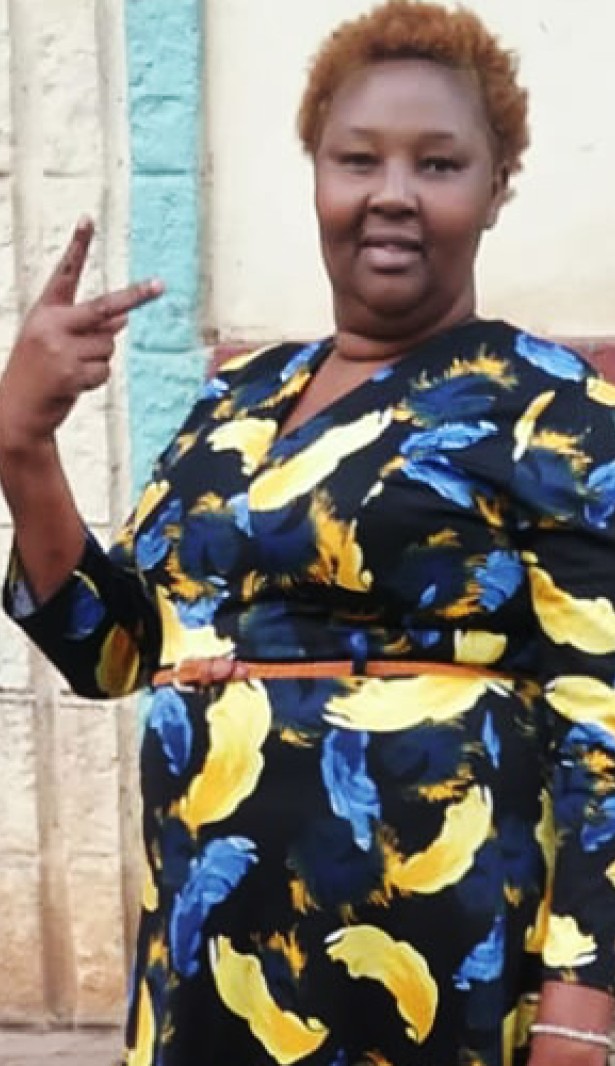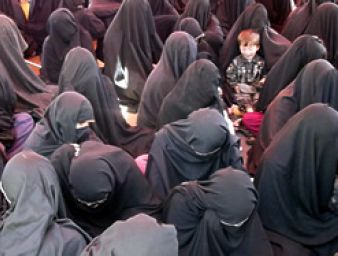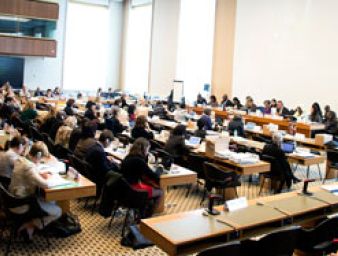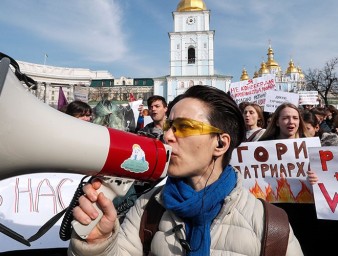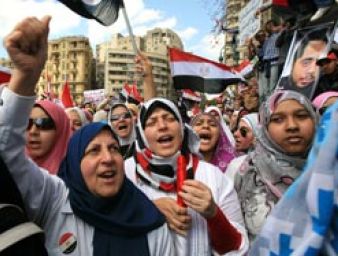Keeping women and girls in Kenya safe during COVID-19
02 February 2021
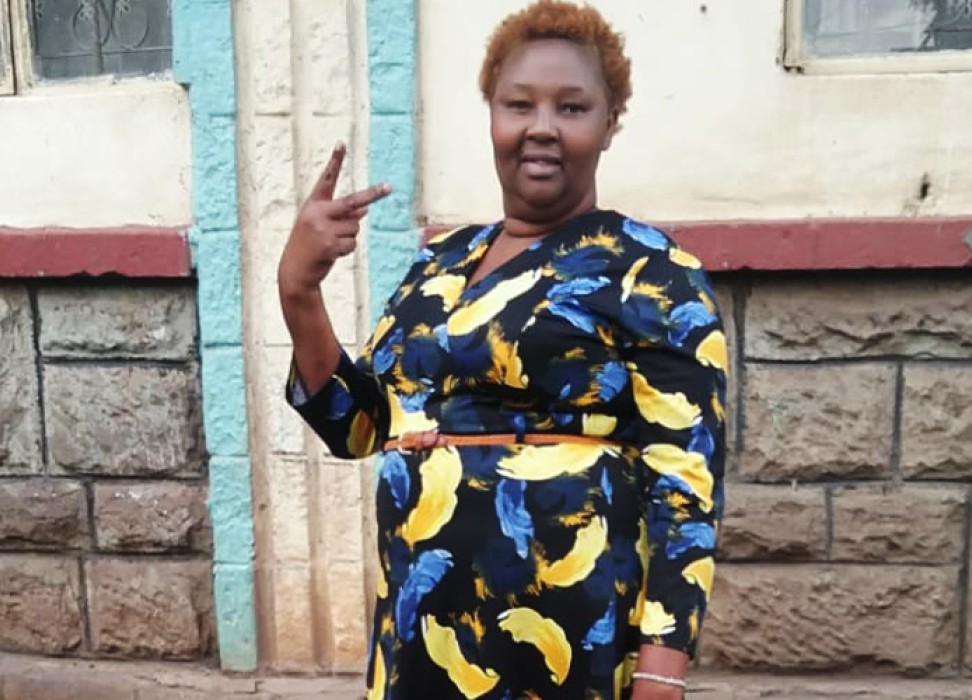
Beatrice Karore hails from the informal settlement known as Mathare in Kenya's capital, Nairobi. She is a community mobiliser and founder of the Wanawake Mashinani (grassroots women) Initiative, also based in Nairobi. She works with abused women and girls and, before the COVID-19 pandemic, she herself became a victim of police brutality.
In May 2020, Karore was called upon to assist an illegally evicted community in Kariobangi, a low-income residential estate in north-eastern Nairobi. Most of the evictees were women, children, the elderly, and unemployed and struggling youth. They needed food, shelter and clothing.
"Evictions in Kenya are brutal. They leave the people clutching at straws as everything is destroyed," Karore says. I saw humanity come to the aid of people they did not know in providing for the families. I also saw greed in landlords who saw opportunities for exploitation.
She recalls meeting people who came to provide support to frontline women human rights defenders such as herself. "A shoulder to cry on and lean on is important for the wellbeing of people in the frontline," she says. "The pandemic does bring out the best and worst in people but it also made me realise if everyone does a little good in their sphere of influence, the results can be massive."
Karore works with other women. For her, it is important that they support each other and work together. However, she points out, there are risks that come with it.
"When one member is threatened, we are all at risk. I received a summons to a police station without being told why. I consulted my network and was strongly advised not to go alone," she recalls.
Karore met with two lawyers – one from the Kenya Human Rights Commission and one from the Law Society of Kenya - and they went to the police station on an alternate day to the one on which she had been summoned. The meeting was fraught with underlying threats, with at one point one of the lawyers being separated from Karore following an accusation of interfering with police business.
"Fortunately, we had taken precautions and had a whole team waiting to hear back from us. Once things went south, the Executive Director of Kenya's Human Rights Commission was dispatched and was at the police station in the promised ten minutes," she says.
"The tide changed and the new narrative was that they had formed a committee to investigate threats to my sister in arms, Ruth Mumbi, and only wanted my statement. Patriarchy at its finest!" Karore adds.
"What was funniest in its own dark way was that the officer in charge of the station remembered teargassing the Executive Director during a solidarity march of the Sudan revolution in Nairobi. They became friends and anytime the Executive Director could walk to the police station the officer in charge would assist him. Lesson learned: an adversary at one point can be an ally at another."
Karore also works with women who have survived rape, those who have experienced domestic violence and girls who have been sexually abused, helping them in receiving medical treatment and reporting their attacks to the police. She points out that during the COVID-19 pandemic, such cases have increased however many women opt to only get treatment and not file reports.
"As there aren't enough shelters, these women and girls have to go back to unsafe spaces. This is difficult and heart-breaking," she laments. "Through working with these women, I have encountered a forgotten group: HIV positive women who need a balanced diet to maintain their CD4 count. Our group is feeding them and helping keep their spirits up but still, some of them are sinking into depression."
The pandemic has been a difficult time for these and the other women and girls with whom Karore works. Mental health was not an area she had dealt with before COVID-19.
"Mental health is important and there is a need for more help as it will only get worse with continued isolation, limited human contact, and dwindling economies. COVID-19 has brought challenges to human rights protection with violations on the rise," Karore says. "Nevertheless, I continue to do the best I can do to educate, mobilise, elevate, and give dignity to other women. Viva!"
2 February 2021
